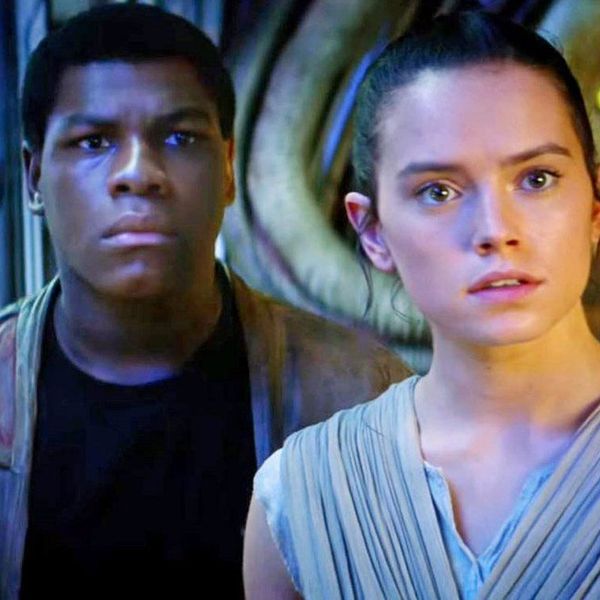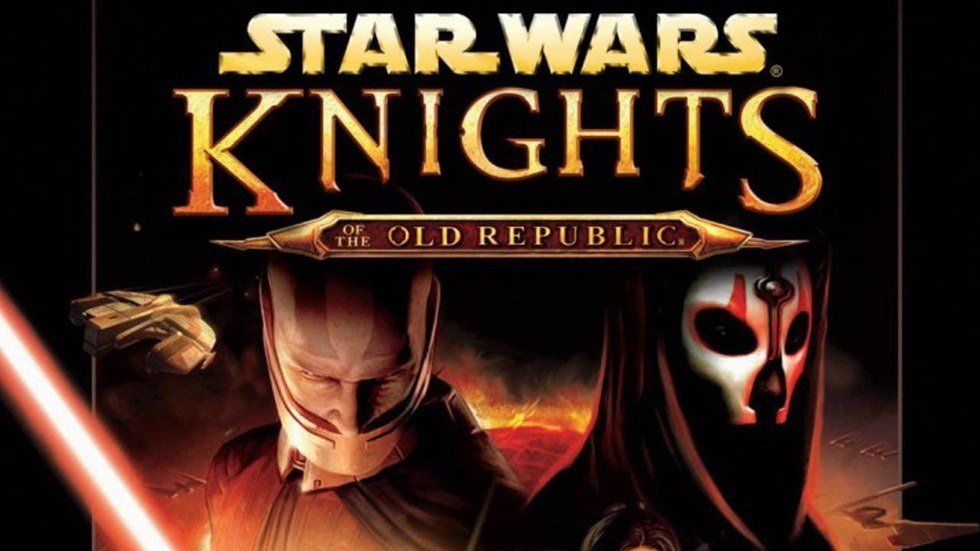I remember this game inside and out. More so, I remember how much of an impact it had on me. Now, when I say impact I don't necessary mean it's changed my perspective on life or anything at all, but rather I hold all video games I play up to these. To me, Star Wars: Knights of the Old Republic holds up as one of the best standards of video games ever created.
The video game franchise to date consists of Star Wars: Knights of the Old Republic, Star Wars: Knights of the Old Republic II -The Sith Lords. I recall first playing KotOR a long time ago on my out desktop. I naturally found it intensely difficult because I was roughly 8 or 9 years old when I finally started playing the games. I didn't fully understand what the games were about in my first playthrough, let alone what else they could provoke when it came to philosophy. It's been a decade since then. These were among the first few video games that I've played to completion.
KotOR in my opinion never managed to craft any intense thought provoking philosophical questions to me. But there was always an idea in the back of my head when I consider the plot of the game. It's been well over a decade since these games came out, so I'm going ahead and spoiling something which is arguably the biggest plot twist in video game history. In the game, the player character was originally the leader of the Sith(the bad guys). The player was betrayed by fellow sith, and then captured and have had their memories wiped and then they work for the Jedi(the good guys). The question I asked was did the Jedi have the right to completely rearrange someone's mind just to gain an advantage in the war? To utterly change someone's mind and dedicate down a path that they wanted? If this happened to me I would be utterly outraged, I wouldn't want to serve them or anyone else. To me, this is fairly cut and dry, but it still is open to debate regardless.
When I first played KotOR II, I did feel like something different. The video game was drastically different from its predecessor. It wasn't a story about saving the galaxy but rather it was something that was able to effectively build onto the world and make players question the mythos of the Star Wars universe.
The video game raised serious questions about the morality of the characters we've seen in the games, but not only that the ideas and the groups they represented. It took the idea of choices, destiny, and consequences to thought-provoking levels. The following video is to me perhaps one of the most memorable moments on in the game that has managed to stay with me to this day.
The game features a character named Kreia as the main thought provoking character. She is constantly asking you to justify your actions whether you are robbing someone or giving a gift of charity. Claiming that both paths only create more suffering, and the only benefit they give you is more strength.
It goes more forward and makes people analyze their own codes they follow in real life. Claiming that the codes that people follow only manage to limit themselves by preventing them to gain more strength.
While the philosophy to me in KotOR is very cut and dry, KotOR II is very thought provoking and extremely diverse in a playthrough. It gets even more diverse when the game is expanded with it's cut content restored. There are so many questions that the game creates and makes people ponder. What horrors do wars create? Is having the moral high ground all the justification you need? Is doing something we think good only going to create more pain?
These questions are never going to have a direct answer, but that's what's beautiful about philosophy there is never a direct answer it provokes questions that we need to ponder and try to answer to ourselves. And to me, that is what KotOR II does beautifully. If you're ever looking for a thought provoking experience then definitely give the game a chance. You may very well surprise yourself.




















